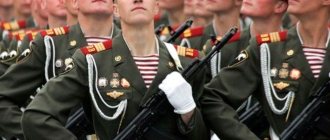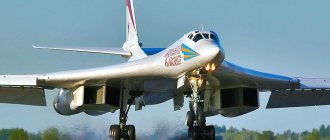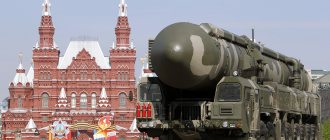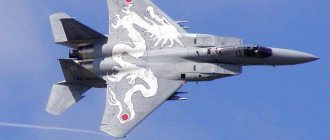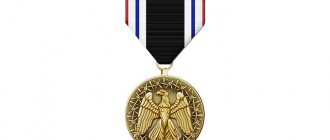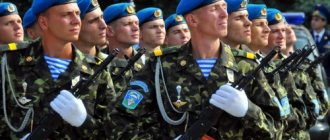WAR, socio-political. confrontation between states (coalitions of states), peoples, social, national. or religious groups, the main content of which is the widespread use of armed forces. To achieve the goals set in V. political. economic, diplomatic, informational-psychological purposes are also used. and other forms of struggle. V. differs in its scale and consequences from other socio-political. phenomena with the use of weapons. violence (armed conflict, armed uprising, etc.). V. leads to a qualitative change in the state of all spheres of society. life (political, economic, social, spiritual), radically restructured into a military one. okay
V. is closely connected with the politics and economics of the warring parties. Politics is the basis. element of the essence of V., determines its goals, socio-political. and military-strategic. character, decisively influences the intensity and methods of V.'s management, the direction of the main. efforts, the degree of mobilization of human and material resources. Politics also determines the nature and direction of development of the post-war world. At the same time, V. has the opposite effect on politics, slowing down or, conversely, accelerating the development of social and political. processes. History knows of cases when the outcome of V. changed the entire political system. system of society, its spiritual life, economic. device, etc. Economics determines the material base and means of warfare, the scale, forms and methods of weapons. struggle. The course and outcome of wars largely depend on the level of economic development. actions. At the same time, Vietnam itself requires a radical restructuring of the economy, the mobilization of all its capabilities, based on the needs of the Armed Forces.
Formation of scientific views on V. was a long and controversial process. Even in mythology, and then in the writings of historians, philosophers and other thinkers of the ancient world (for example, the Roman historian Appian), in the works of some military leaders (Ancient Chinese Sun Tzu), attempts were made to explain the reasons for the emergence of civilization, to understand their place and role in the life of society. These questions have received coverage in many. works of humanists of the 16th–17th centuries, scientists, military men. theorists and historians of the 18th–19th centuries, among whom German stood out. military theorist and historian K. von Clausewitz. His contribution to the scientific The development of the question of V. was contributed by N. Machiavelli, T. Hobbes, F. Louvois, H. von Moltke the Elder, F. Engels, A. T. Mahan, and also grew up. military figures A. I. Astafiev, G. A. Leer, N. V. Medem, N. P. Mikhnevich and others.
The question of the origin of V. has been studied by anthropologists. Its causes were seen in the instinct of aggression, immanently inherent in man (psychoanalytic school) or in the animal world in general (ethological school); it was credited with adaptive functions (functional school); on the other hand, the difference in attitudes towards aggression in the cultures of different peoples was emphasized. The purpose of the weapon. clashes in the primitive period could be revenge, the seizure of trophies (including headhunting) or prisoners for sacrifice or cannibalism, slaves and military. extraction (including women), increasing prestige, subordinating some groups to others; It was noted that at the early stages of development, social and ritual incentives predominate; at later stages, economic incentives predominate. and political incentives.
